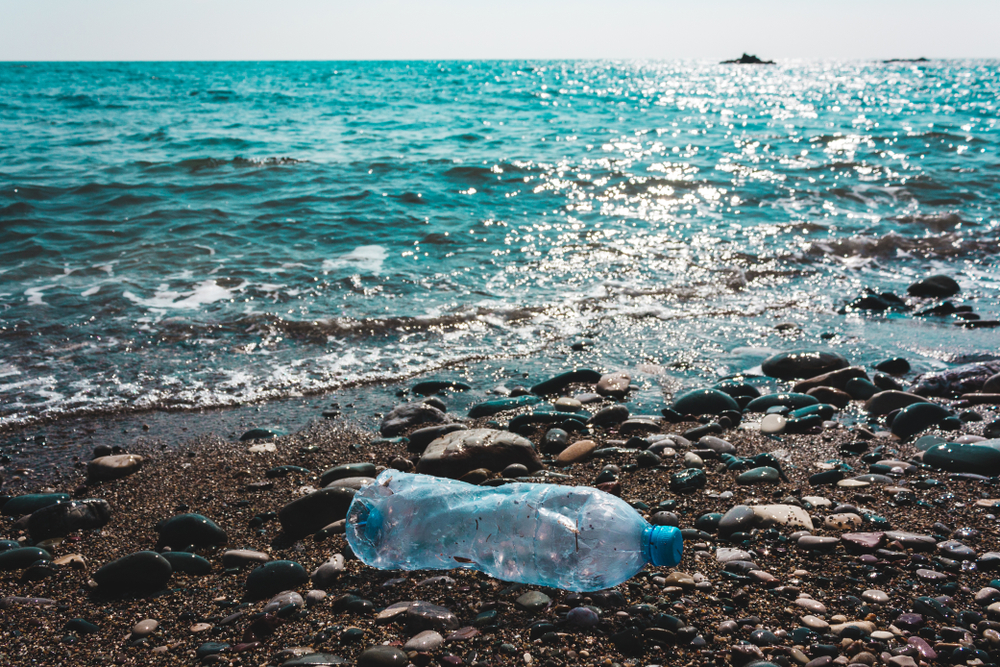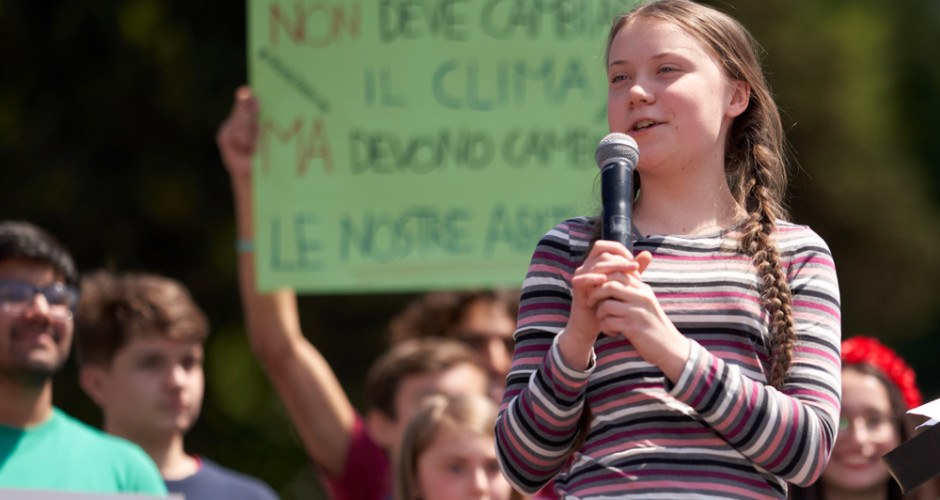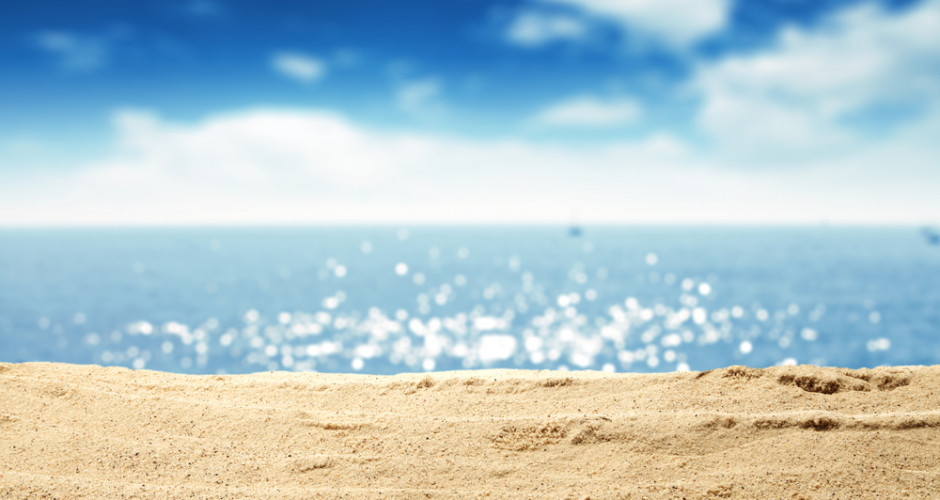The climate fight is not an easy challenge. There have been and will be obstacles that hinder climate change. As such, even in these difficult times for climate action, as long as we continue to stand up and speak out, we can make a bigger difference beyond our imagination. Our efforts to doing good and never giving up on our commitment have successfully raised awareness on marine conservation and encouraged widespread action.
Love is a positive force for change
The International Coastal Cleanup started over 30 years ago, with just 2 individuals and their idea to bring people together with the common goal of removing trash from the beaches, and has since then turned into a global movement. “Change doesn’t happen overnight – it’s molded by people who don’t give up,” as quoted by New York Times bestselling author Mary E. Pearson. Climate change is accelerating faster than we thought; it has come to the point where it doesn’t matter how much trash we pick up or how fast we can remove all the litter from the beaches. There’s no time left to think and to waste. We have to speed up our pace and harness the power of people, companies and the government to protect the earth. Because love is not simply a positive force for change; it’s also the reason that motivates us to do something about the thing that is threatening our one and only home.
Staying true to their core values – Hiin Studio
Each year hundreds of volunteers and organizations such as the Environmental Protection Administration and Greenpeace take part in coastal cleanups across Taiwan. Founded in 2017, Hiin Studio is an organization in Taiwan dedicated to solving the problem of marine pollution and marine waste disposal as well as marine education. Hiin Studio believes that as long as you put your heart into it, you can change the way people interact with the ocean. They recently held 23 coastal cleanups in 50 days; despite cleaning up the beach once every 2 days, the next time they arrived at the same spot, it is covered in litter again. “When we first took on this mission, we knew it would be a long and challenging journey. It doesn’t matter, because as long as our efforts make a difference, albeit small, it’ll be worth it in the end,” Hiin Studio CEO Kuo Fu said.
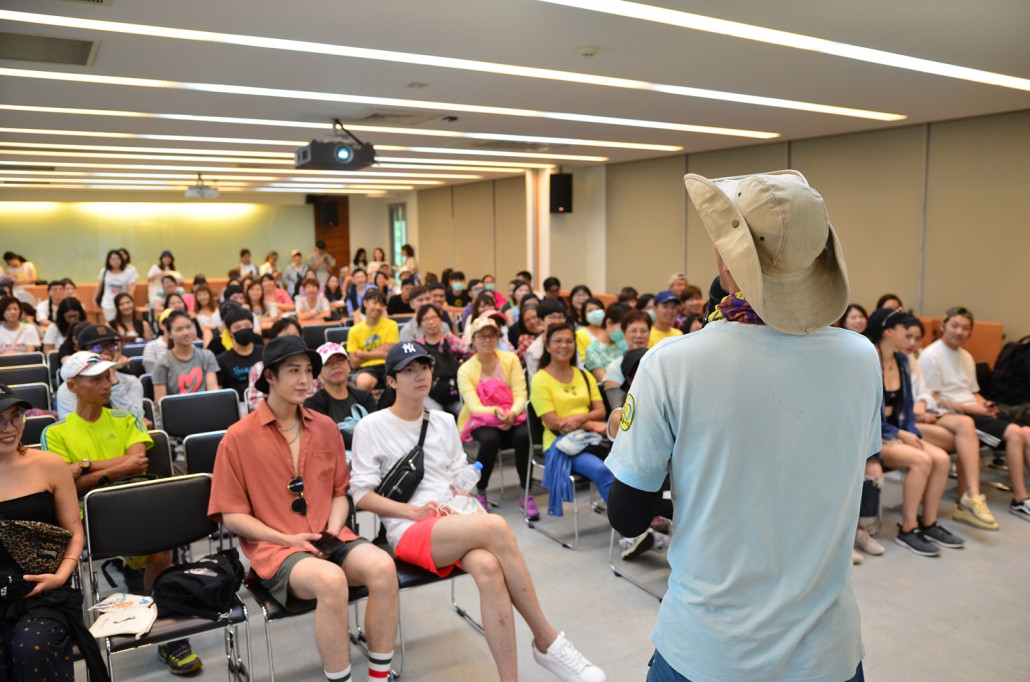
A pre-coastal cleanup event to explain the purpose of cleaning up the beaches and ways to live more sustainably (source: Hiin Studio)
Hiin Studio holds environmental educational courses with the aim of changing people’s lifestyles because numbers talk. According to the Environment Protection Authority (EPA), the average useful life of a plastic bag is 12 minutes before it is discarded, either for disposal at landfill or as litter, much shorter than the amount of time required for a renewable product to be produced. “Sorting and recycling waste is a solution; but we really should start with reducing the use of pointless plastics to truly solve the problem,” Kuo Fu points out. If every industry is willing to lead change within themselves and reduce the use of single-use plastic, perhaps our lives can go back to the way it was before – less convenient, but better.
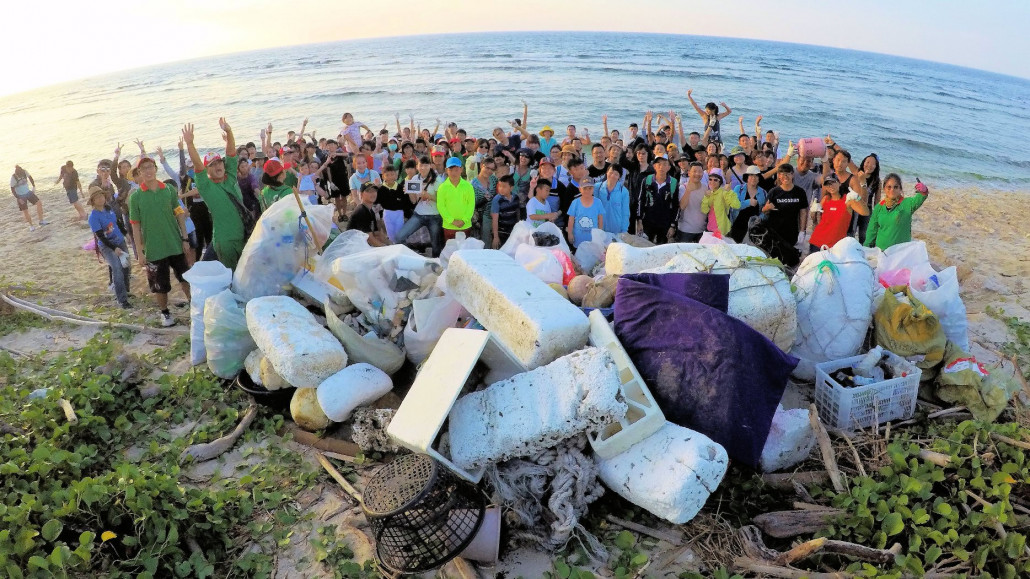
Cleaning up the beaches is the last step to dealing with marine pollution. The results are momentary, but reducing plastics is a lifelong commitment (source: Hiin Studio)
Do the right thing: Save the oceans
The consequences of climate change are a wakeup call on ocean pollution. A new report from the UN Environment Program and World Resources Institute (WRI) found that 127 countries of the countries they surveyed have adopted some form of legislation to regulate plastic bags as of July 2018. Like the Native American saying: “We don’t inherit the earth from our ancestors, we borrow it from our children,” it is our responsibility as earth’s citizens to protect our planet. Every human on earth, no matter who we are, an individual or an organization, we have the choice to choose what’s best for the environment. Don’t let convenience and cheap prices of the throwaway culture control your life. Plastic may be a lifesaver when it comes to making life more convenient, but is it really worth it? The earth we “borrowed” deserves to be treated with respect, and our children and their children deserve to run along the beach barefoot without worrying about any plastic debris.
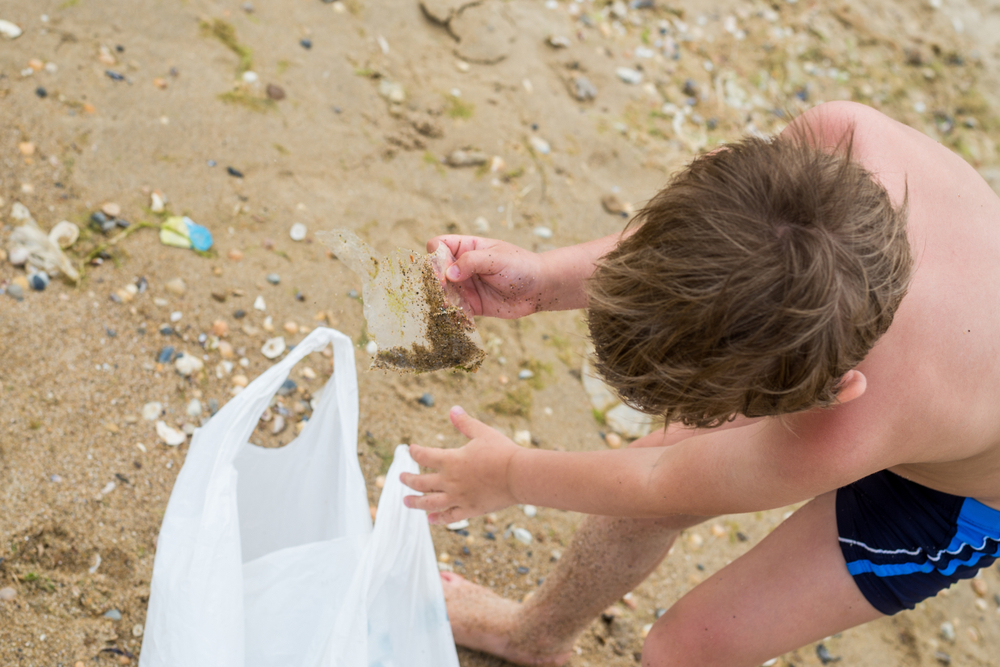
Humans produce huge amounts of garbage every day; if we keep going at this rate, our children will be running on beaches filled with plastic debris.
“My teacher says there’s too much garbage in the sea and many sea turtles and fish are sick. Is that true?”
Hopefully, when our children ask us this question one day, we will be able to answer that question with confidence and provide a solution.
As someone who borrowed earth’s resources, how would you choose to answer that question?
The history of International Coastal Cleanup by Ocean Conservancy
https://oceanconservancy.org/trash-free-seas/international-coastal-cleanup/

